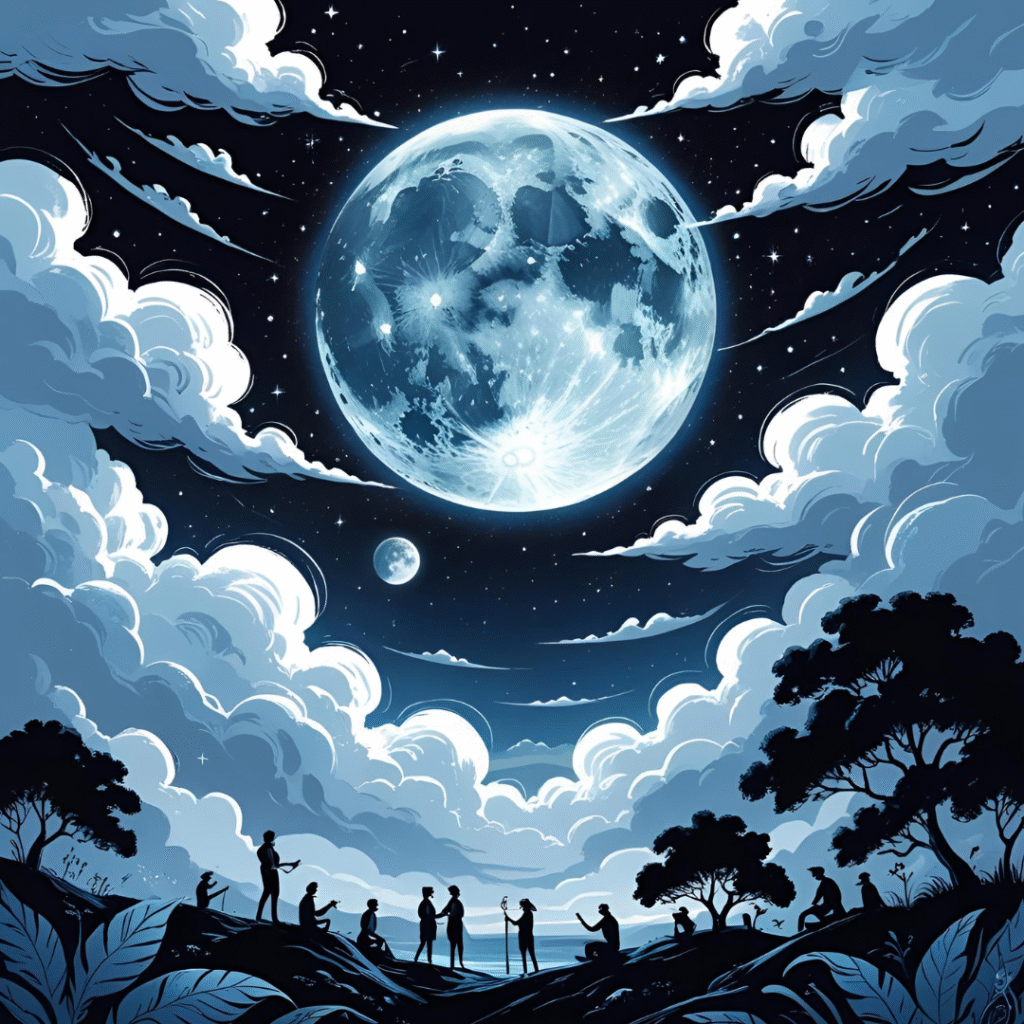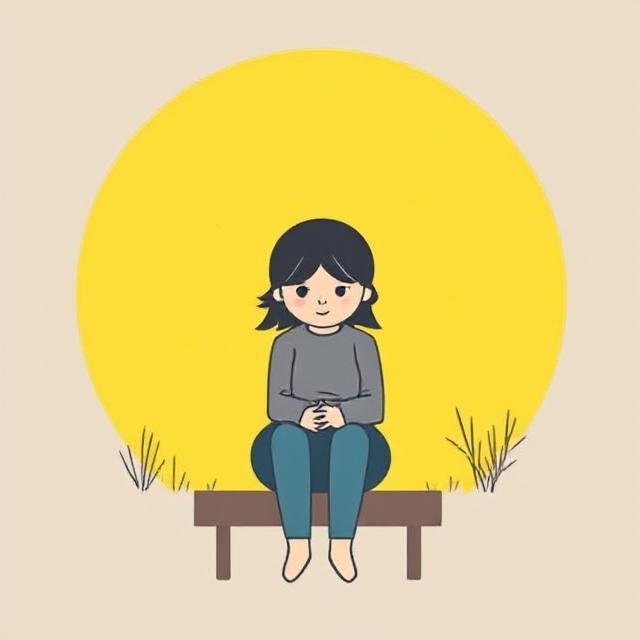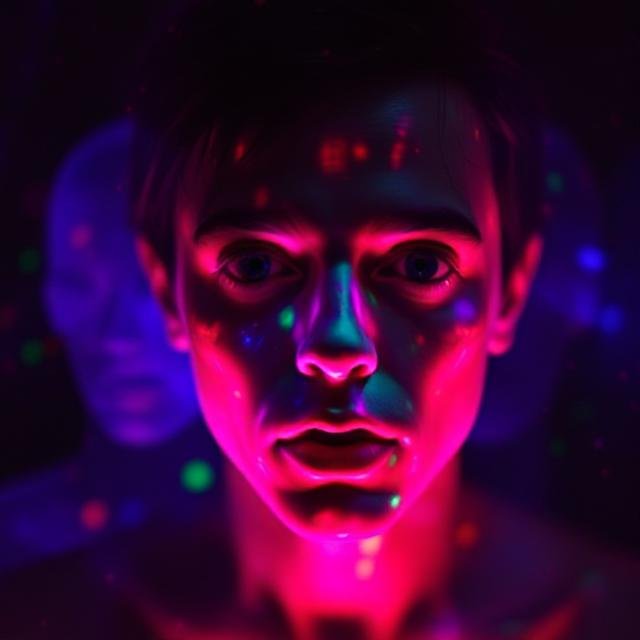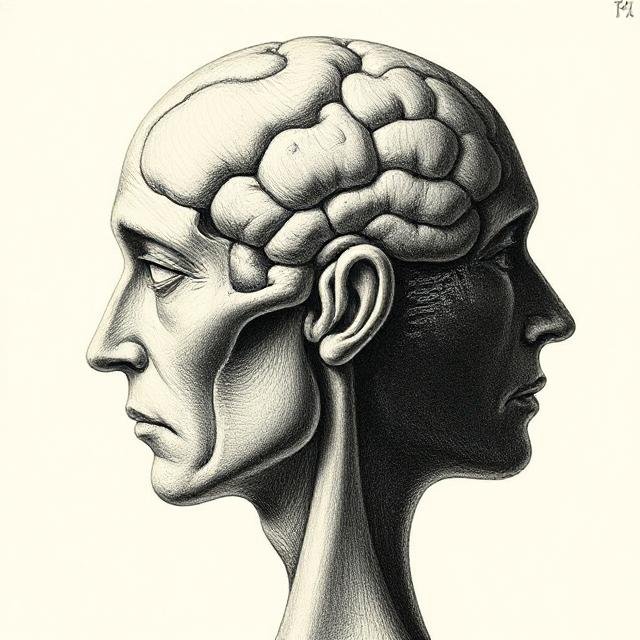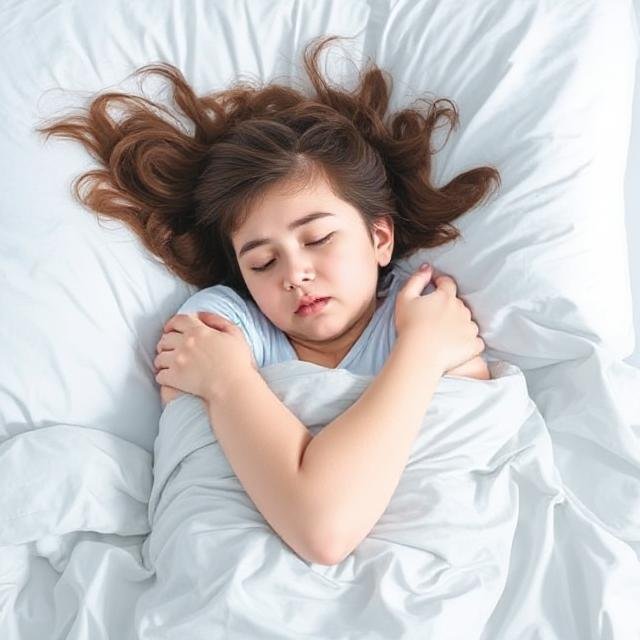Quick Answer: Myth or Reality?
Despite centuries of lore linking the full moon to madness, crime, and sleep troubles, scientific evidence overwhelmingly shows no consistent, significant effects of the full moon on human behavior.
Still, some small studies suggest subtle links with sleep quality. But overall, the moon’s power over our minds remains largely mythical (Lund et al., 2023).
The Origins of Lunar Lore
Humans have linked the moon to behavior for millennia:
- Ancient Romans used the term “lunaticus,” meaning “moonstruck,” for madness.
- Folklore connects full moons to werewolves and supernatural transformations.
- Even in modern hospitals, some staff believe full moons bring chaos to ERs.
Cultural narratives often reinforce this idea, making it tough to separate fact from fiction (Rotton & Kelly, 1985).
What Science Says About the Full Moon and Behavior
Let’s examine what research reveals about how the full moon might—or might not—influence us.
Sleep and the Lunar Cycle
A few modern studies have found:
- Slightly reduced deep sleep during full moons (Cajochen et al., 2013).
- Longer time to fall asleep and less overall sleep time.
However:
- Other large-scale studies find no consistent lunar impact on sleep patterns (Lund et al., 2023).
- Effects, if any, are tiny and likely overshadowed by everyday factors like stress or screen use.
Mental Health and Lunar Phases
Many people believe full moons trigger:
- Psychiatric admissions
- Mood swings
- Psychotic episodes
Yet:
- Meta-analyses consistently show no significant increase in psychiatric crises during full moons (Rotton & Kelly, 1985; Vance, 2022).
- No reliable data link lunar phases to conditions like bipolar disorder, schizophrenia, or anxiety.
Crime Rates and Emergency Room Visits
Police officers and ER staff sometimes swear by “the full-moon effect.” However:
- A comprehensive review of 37 studies found no significant link between lunar phases and crime or trauma admissions (Rotton & Kelly, 1985).
- More recent research in the BMJ also failed to support any substantial connection (Vance, 2022).
It’s mostly anecdotal perception rather than proven fact.
Why the Myth Persists
The illusion endures because of:
- Confirmation bias: We remember chaotic nights that coincide with a full moon.
- Cultural storytelling and media.
- A desire for cosmic explanations for human unpredictability.
The moon remains a potent symbol in human psychology and mythology.
Should You Worry About the Full Moon?
The scientific consensus: No.
While folklore is fascinating, there’s no compelling reason to fear mood swings, criminal surges, or sleep disruptions just because the moon is full.
If your sleep struggles persist, it’s far more likely due to lifestyle, stress, or medical conditions—not lunar magic.

